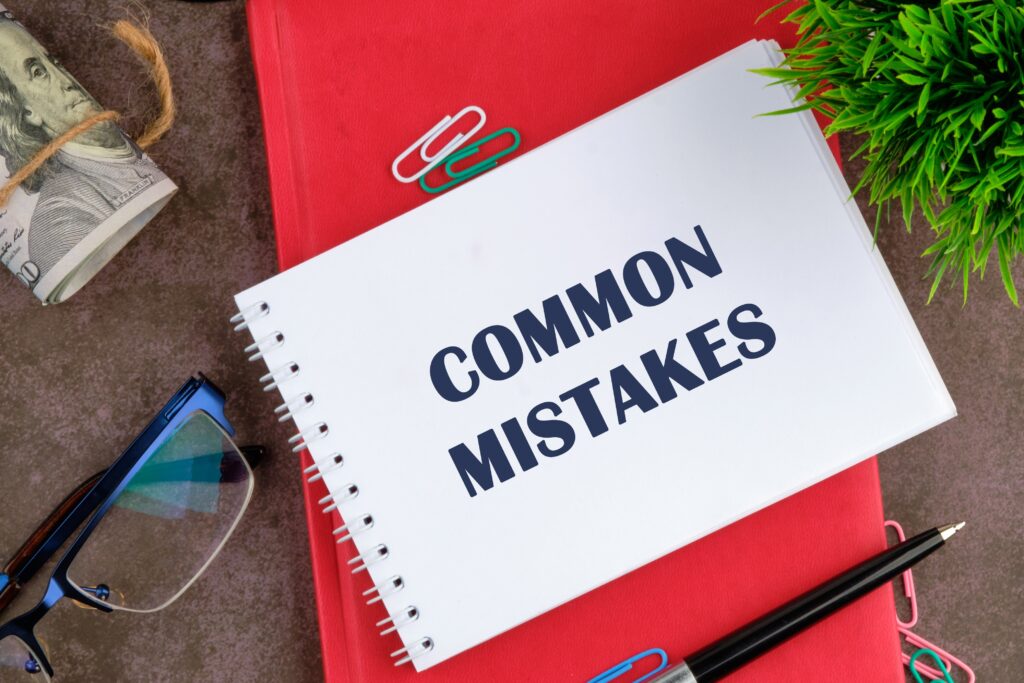Many people feel confused when planning their estate. There are so many terms, papers, and tough decisions to make. You might be asking yourself, “Do I need a will, a trust, or both? What if I make the wrong choice?”

If you don’t plan properly, your estate could become entangled in lengthy court battles, leading to stress, confusion, and even family disputes because the instructions are unclear.
Here’s the good news! Learning about wills and trusts can help you take control of your financial future. It allows you to protect your family, belongings, and peace of mind.
What Is a Will?
A will is a legal document that outlines how you want your assets distributed after your death. It can also specify guardians for minor children and express your wishes regarding funeral arrangements.
Without a will, the court decides what happens to your estate, which may not reflect your true wishes.
Key Features of a Will
Understanding the key characteristics of a will helps ensure your final wishes are accurately fulfilled.
- Becomes Active After Your Death: A will only take effect once you’ve passed away. It directs what should happen to your assets and who should take care of your children or other dependents.
- Goes Through Probate: A will must go through probate, which is a legal process that verifies the will’s validity. This process can take several months and involves the court overseeing the distribution of your estate.
- Public Record: Because a will goes through probate, it becomes part of the public record. Anyone can look at it, which may expose your family’s private matters to the public.
- Let You Name Beneficiaries and Executors: In your will, you can specify who will inherit your assets (beneficiaries) and who will manage your estate (executor).
- Covers Assets in Your Name Alone: Wills only apply to assets that you directly own. If you have assets that are jointly owned or have beneficiaries already named (like life insurance policies), those assets may not be part of the will.
Pros of a Will
- Easy to create and update
- Legally recognize your final wishes.
- Allows you to name a guardian for your children
- Lower upfront cost
Cons of a Will
- Goes through probate, which can take months
- Publicly accessible document
- May not cover complex assets
- Doesn’t help during your lifetime or if you become incapacitated.
What Is a Trust?
A trust is a legal arrangement in which a trustee holds and manages assets on behalf of the beneficiaries. Trusts can be set up during your lifetime (living trusts) or after death (testamentary trusts).
Two Common Types of Trusts
Revocable Living Trust
- Can be changed or canceled during your lifetime: You can modify or cancel a revocable living trust at any time while you’re still alive, providing you with flexibility.
- Let you stay in control of your assets: As the creator of the trust, you can still manage and use your assets, such as property or money, while you’re alive.
- Automatically becomes irrevocable after death: After your death, the trust becomes irrevocable, meaning anyone, including your heirs, can no longer change it.
Irrevocable Trust
Trusts can play a vital role in managing and protecting your assets. Below are the two most frequently used types, each with distinct advantages:
- Cannot be changed once created: Once you create an irrevocable trust, you cannot modify it or cancel it, even if your circumstances change.
- Offers strong asset protection and tax advantages: Because you no longer own the assets in the trust, they are protected from creditors and lawsuits. Plus, this type of trust can offer tax benefits.
Key Features of a Trust:
- Effective Immediately After Creation: Once you set up a trust, it is active right away, so your assets are protected and managed as you choose from the start.
- Avoids Probate: Unlike a will, a trust doesn’t have to go through the probate process, which saves time, money, and keeps the distribution of your assets private.
- Offers Privacy: Because trusts don’t go through probate, the details of your estate stay private, unlike a will, which becomes public during the probate process.
- Allows Management During Incapacity: If you become incapacitated and unable to manage your affairs, a trust allows your trustee to step in and manage your assets without needing court approval.
Pros of a Trust
- Skips probate, saving time and money
- Keeps your affairs private
- Manages assets if you become disabled
- Helpful for blended families or business owners
Cons of a Trust:
- More expensive to set up
- Needs ongoing maintenance (funding the trust)
- Can be complex without legal guidance
Wills vs. Trusts: What’s the Difference?
When comparing wills and trusts, the primary differences lie in their operation, costs, and asset management. Here’s a quick overview:
| Feature | Will | Trust |
| Activation | Only after death | It can take effect during life or after death |
| Probate | Goes through probate | Avoids probate |
| Privacy | Public record | Private |
| Asset Control | Control ends after death | Ongoing control, even during incapacity |
| Cost | Lower upfront cost | Higher upfront cost |
| Complexity | Simple to create and update | Can be complex, needs legal guidance |
Both wills and trusts have their pros and cons, and the right choice depends on your needs, family situation, and what you want to achieve with your estate plan.
Continue reading to discover which option might be the best fit for you.
Common Mistakes to Avoid

Estate planning mistakes can cause problems for your loved ones. Here’s how to avoid the most common ones:
- Not Having a Plan: Without a will or trust, state laws determine the disposition of your estate. Make a plan, even if it’s simple.
- Forgetting to Name a Guardian: If you have kids, name a guardian to ensure they’re cared for as you wish.
- Choosing the Wrong Executor: Select a reliable person to manage your estate.
- Ignoring Taxes: Plan to minimize estate taxes and protect your heirs.
- Not Planning for Incapacity: Make sure someone can manage your affairs if you become incapacitated.
- DIY Estate Planning: Work with a professional to avoid costly mistakes.
Avoid these errors to ensure your estate plan works smoothly for your family.
How a Lawyer Can Help
A trusted estate planning attorney, like those at Moore Family Law Group, can:
- Customize a plan tailored to your specific needs.
- Draft legally sound documents
- Ensure proper asset transfer.
- Offer your family peace of mind.
Estate planning isn’t just about documents; it’s about protecting people you love.
Frequently Asked Questions
Do You Need a Will or a Trust?
The choice between a will and a trust depends on your situation. Here are key questions to consider:
Do I Want to Avoid Probation?
Probation can be a lengthy and costly process. A trust avoids probate, allowing your estate to be settled quickly and privately. A will, however, goes through probate, which makes it public and a time-consuming process.
Do I Need to Protect My Privacy?
Will become part of the public record once they go through probate. If privacy is important to you, trust is a better option since it remains private.
Do I Want to Plan for Incapacity?
A will only takes effect after your death, but a trust can help manage your assets if you become incapacitated. With a trust, a trustee can handle your finances and decisions if you’re unable to do so.
Do I Own Property in Multiple States?
Owning property in multiple states can complicate the probate process. A trust can simplify this by avoiding various probates in different states, while a will may require separate probate proceedings.
Do I Have a Blended Family or Children with Special Needs?
Blended families and children with special needs may require additional planning. A trust can help manage assets for these situations, ensuring that your wishes are met without legal complications.
Ultimately, your decision depends on your specific needs. Some people use both a will and a trust to ensure comprehensive coverage. An estate planning attorney can guide you in making the right choice.
Choose What’s Right for You
Wills and trusts each offer unique benefits. A will is ideal for simple estate planning and naming guardians. A trust offers advanced control and privacy, avoiding probate hassles.
Your decision should reflect your goals, family structure, and financial situation. Working with a qualified estate planning attorney ensures everything is legally sound and aligned with your plans.
Ready to plan your future? Contact Moore Family Law Group today for expert, personalized estate planning help.





